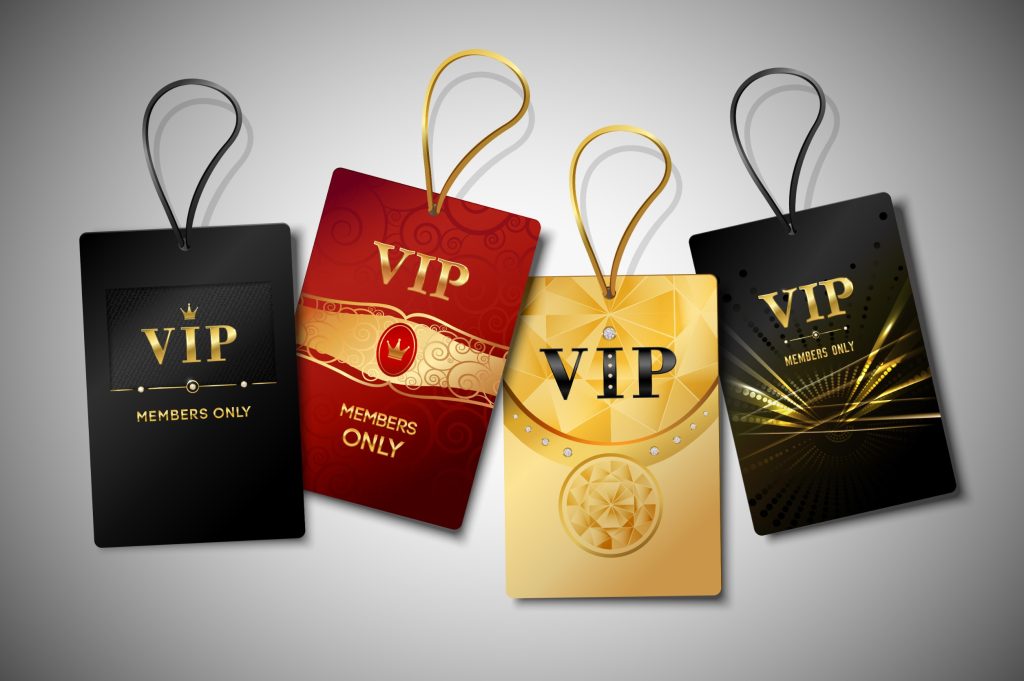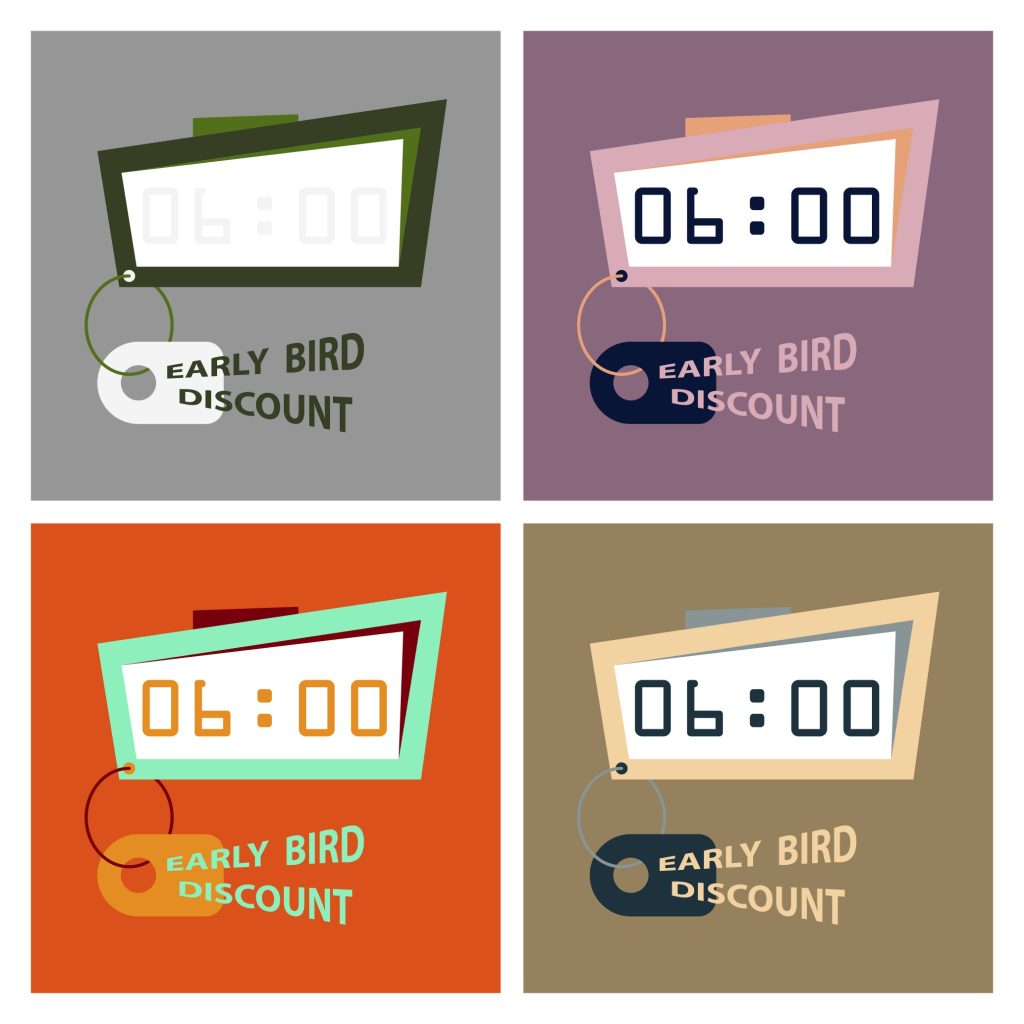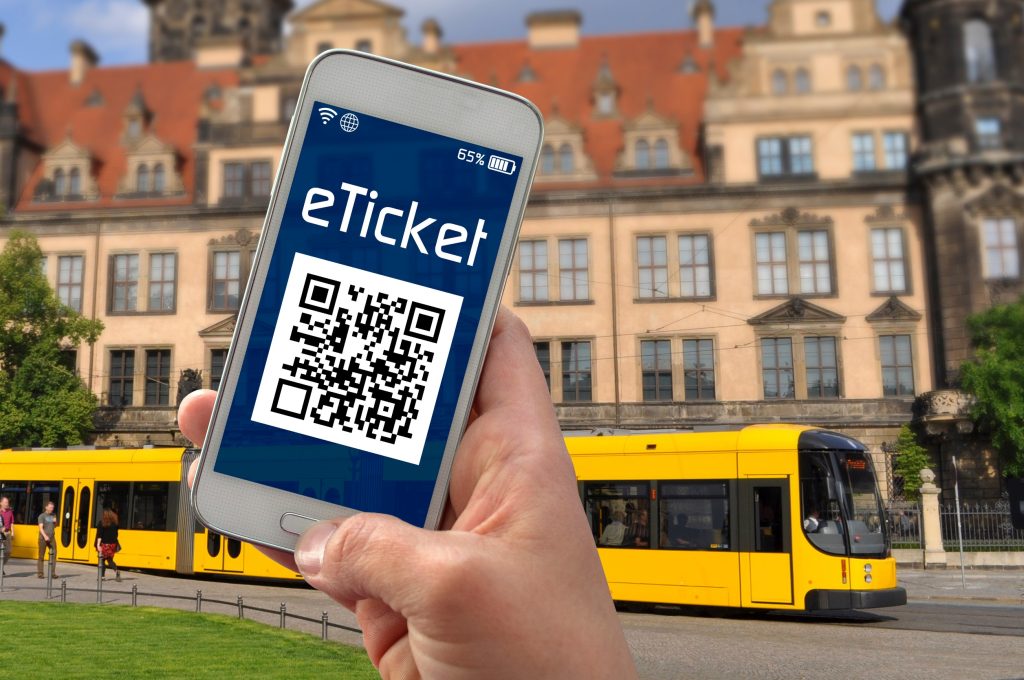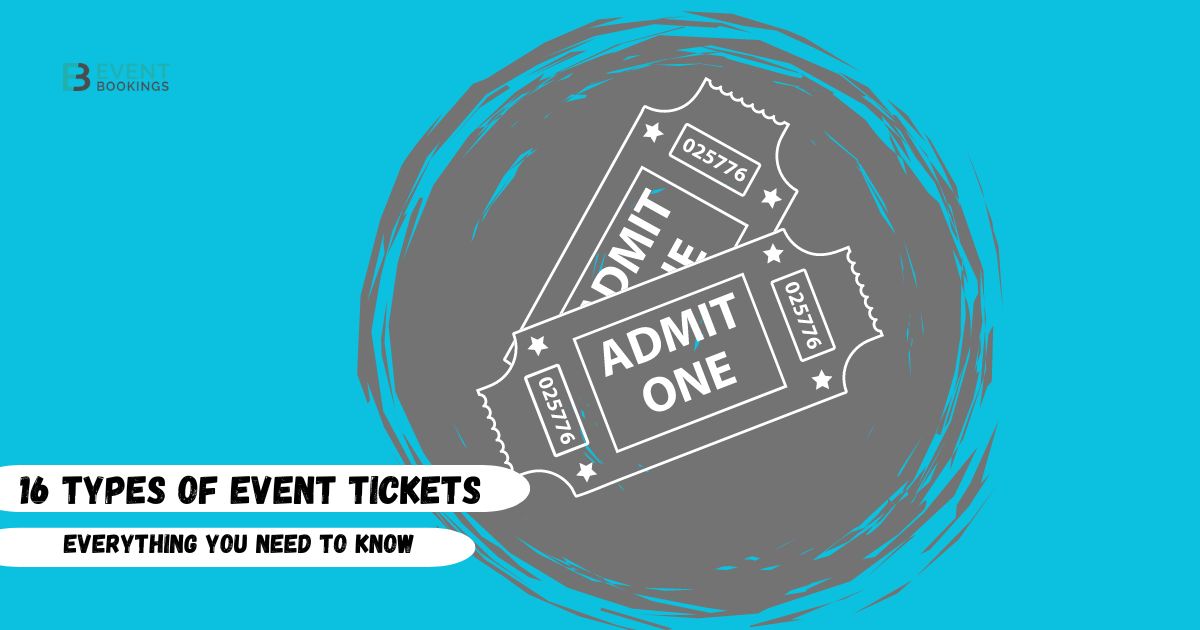Various elements need to be pulled together in the stages of event planning. No matter what the process involves, the ultimate goal of event organizers is to see tickets sell out faster. Well, as an event planner, you might have adopted a lot of tricks, but did you know that the type of tickets you offer can greatly influence the success of your event?
Yes, you read it right. The ticket type can impact everything from attendance numbers to your guests’ overall experience. Whether you’re organizing a music festival, a charity fundraiser, a conference, or a family-friendly fair, understanding the different types of event tickets can help you make the best choices for your audience and your goals.
In this guide, we’ll explore 16 different event ticket types. Each type has its own benefits and uses, catering to various needs and preferences. By the end of this article, you’ll have a comprehensive understanding of these ticket types, which will help you select the best options for your event. By tailoring your ticketing strategy to fit your event, you can boost attendance, enhance guest satisfaction, and even increase your revenue. So, let’s dive in and discover everything you need to know about the diverse world of event tickets.
Why Different Types of Tickets Are Essential to Offer for Events?
1. Catering to Diverse Audiences
Events are usually designed to attract a wide range of attendees with different needs, preferences, and budgets. You can cater to everyone from budget-conscious students to high-spending VIPs by providing different ticket types.
2. Maximizing Revenue
Different ticket types can help maximize your event’s revenue potential. Premium tickets like VIP passes can be sold at higher prices, providing additional income streams. At the same time, offering discounted or early bird tickets can boost early sales and improve cash flow.
3. Enhancing the Guest Experience
Offering varied ticket types allows you to tailor the event experience to different audience segments. VIP tickets can include perks such as exclusive access, special seating, or complimentary services, making the event more attractive to those willing to pay extra.
4. Promoting Engagement and Marketing
Themed promo code tickets and coded discount tickets can be used as part of your marketing strategy to promote engagement. These ticket types can attract specific audiences and incentivize sharing and referrals, expanding your event’s reach and visibility.
5. Flexibility in Planning
Different ticket types can offer greater flexibility in planning and logistics. For example, reserved seating tickets ensure that every attendee has a designated spot, which can help manage crowd control and enhance the overall experience.
16 different event ticket types to enhance your ticket-selling game
Here, we will look at several types of tickets, each with unique characteristics. Let’s learn about each to select the ones that best suit the event you are organizing.
1. General Admission Tickets
If you are wondering what a general admission ticket is, GA tickets are the most basic and widely used type of event ticket. They provide entry to an event without any assigned seating, meaning attendees are free to choose their spot on a first-come, first-served basis. This ticket type is perfect for events focusing more on the overall experience than where you sit or stand.
General Admission tickets are often more affordable, making them accessible to a broader audience. They are commonly used for concerts, music festivals, fairs, and sporting events. The flexibility of GA tickets allows event organizers to accommodate a more significant number of attendees without the complexities of assigning seats. For attendees, it means the chance to move around freely and enjoy different parts of the venue.
However, it’s important to note that GA tickets can sometimes lead to overcrowding, especially if the venue needs to be well-managed. Event organizers must ensure adequate security and crowd control measures to provide everyone with a safe and enjoyable experience.
2. VIP Tickets
VIP tickets provide a range of special perks and benefits for a premium and exclusive experience. These tickets usually come at a higher price but offer a range of added benefits that make the extra cost worthwhile. VIP ticket holders often enjoy perks such as early entry to the event, access to exclusive areas like VIP lounges or seating sections, and complimentary food and beverages. They might also have opportunities to meet performers, speakers, or other special guests.

For event organizers, VIP tickets can be a significant revenue stream, attracting attendees willing to pay more for a superior experience. VIP tickets offer comfort, convenience, and an enhanced overall experience for attendees. These tickets are popular at concerts, sports events, theatre performances, and high-profile conferences.
The exclusivity of VIP tickets can also create a sense of prestige and desirability around the event, driving demand for the VIP tickets themselves and the event as a whole.
3. Early Bird Discount Tickets
Early Bird Discount tickets are a fantastic way to encourage early sales and gauge the level of interest in your event. The particular ticket types are sold at a lower price than standard tickets, but only for a limited time or until a certain number of tickets are sold. This incentivizes potential attendees to commit early, giving the event organizers an early influx of funds and a clearer idea of expected attendance.

These particular event ticket types benefit both organizers and attendees. Organizers can use early bird sales to fund initial event preparations and marketing efforts, while attendees save money by planning ahead. Early Bird tickets are commonly used for conferences, workshops, festivals, and even large-scale parties.
It is crucial to promote these tickets effectively. Highlighting the limited availability and the cost savings can create a sense of urgency while encouraging people to purchase their tickets sooner rather than later.
4. Coded Discount Tickets
Using a specific promo code during purchase unlocks special discounts with Coded Discount tickets. You can distribute these codes through various marketing channels, like email, social media platforms, or partnerships with influencers and other brands. The discount can be a percentage off the ticket price or a fixed amount or even offer additional perks like free merchandise or early entry.
This type of ticket is a versatile tool for event organizers. It can help boost sales, track the effectiveness of different marketing strategies, and engage specific audience segments. Coded discount tickets incentivise attendees to attend the event and feel like they get a special deal.
For example, a music festival might partner with a popular local radio station to offer a unique discount code to listeners. This drives ticket sales and broadens the event’s reach to a broader audience.
5. Reserved Seating Tickets
Reserved seating tickets ensure a specific seat at the event and provide comfort and predictability. This is particularly useful for events where comfort and view are essential, such as theatre performances, sports events, and concerts. Reserved seating ensures attendees can plan their experience in advance and avoid the stress of finding a good spot upon arrival.
For planners, reserved seating helps manage the venue more effectively and can enhance the overall attendee experience. It allows for better crowd control and reduces the likelihood of overcrowding in certain areas. Additionally, it provides an opportunity to tier ticket prices based on seat location, potentially increasing revenue.
Reserved Seating tickets can be sold at different price points depending on their desirability. For instance, front-row seats at a concert might be priced higher than seats at the back of the venue. This tiered pricing strategy can maximize profits while offering options for different budgets.
6. Group Package Tickets
Group Package tickets are designed for attendees who plan to attend the event as part of a larger group. These packages often offer a discount compared to purchasing individual tickets and may include additional perks such as reserved seating for the group, complimentary merchandise, or food and beverage vouchers.
Group tickets are particularly popular for sports games, corporate events, and concerts. They encourage group attendance, which can increase ticket sales and create a livelier and more engaging atmosphere at the event. It simplifies organizing a group outing for the attendees and can make the event more affordable.
Event organizers benefit from group packages by boosting attendance and creating a more dynamic event environment. Additionally, catering to groups can foster a sense of community and encourage repeat attendance from the same groups in the future.
7. Family Passes
Designed for families, these passes offer entry for multiple family members at a discounted rate. These passes typically provide admission for two adults and a set number of children at a discounted rate compared to purchasing individual tickets. They are ideal for family-friendly events such as fairs, amusement parks, children’s theatre performances, and sporting events.
Offering Family Passes makes it more affordable for families to attend events and can significantly increase attendance from this demographic. For event organizers, family passes are a way to attract a key audience segment and create a more inclusive atmosphere.
In addition to the cost savings, Family Passes often include other family-friendly perks such as designated seating areas, access to family lounges, or discounts on food and merchandise.
8. Hidden or Invisible Tickets
Hidden or invisible tickets are unique tickets not available to the general public and can only be accessed through specific means. These tickets are often part of exclusive promotions, contests, or loyalty programs. For example, an event might hide a unique ticket link within a newsletter or on a partner website, rewarding those who find it with access to discounted or VIP tickets.
This ticket type can work as a strategy for creating a sense of exclusivity around the event. It encourages engagement and participation from the audience, as they feel like they are part of a special group with access to these hidden tickets. For event organizers, hidden tickets can be a powerful marketing tool to drive interest and reward loyal followers.
Hidden or Invisible tickets are particularly effective for events that create buzz and a sense of mystery. They can be used for concerts, exclusive parties, product launches, and other high-profile events where generating hype is crucial.
9. Themed Promo Code Tickets
A themed promo code is used to enjoy discounts and add excitement to the ticket-buying process. When a specific themed promo code is used, a particular ticket type is sold at a discount. The theme can relate to the event, a holiday, or a marketing campaign. For instance, a Halloween event might offer discounted tickets with the promo code “SPOOKY,” or a summer festival might use “SUNSHINE.”
Themed promo codes are a creative way to attract attention and drive ticket sales. You can promote it through email campaigns, influencer partnerships or other brands. This strategy offers a discount and reinforces the event’s theme, making it more memorable for attendees.
Event organizers can use themed promo codes to target particular genres of audiences and track the effectiveness of their marketing efforts. For attendees, using a themed promo code adds excitement to the ticket-buying process, making them feel more connected to the event.
10. Mobile Tickets
Mobile tickets allow you to access your event on your smartphone, eliminating the need for physical tickets. These tickets are convenient and environmentally friendly, reducing paper waste. Attendees can present their mobile tickets at the event entrance, where they can be scanned for entry.

Mobile tickets have become increasingly popular due to their convenience and widespread smartphone access. For event organizers, mobile tickets simplify the ticketing process, reduce costs associated with printing and distributing physical tickets, and improve security by reducing the risk of counterfeit tickets.
Mobile tickets can also enhance the attendee experience by providing easy access to event information, maps, and updates. Some mobile ticketing systems even allow for additional features like in-app purchases, loyalty programs, and personalized recommendations.
11. Donation Tickets
Combining entry with a charitable contribution, Donation Tickets support a good cause while attending. These include a built-in donation to the cause or organization hosting the event. Attendees who purchase donation tickets gain entry to the event and contribute to a charitable cause, making their participation more meaningful.
Donation tickets are an effective way to raise funds and increase awareness for their cause. They can be used for galas, charity runs, benefit concerts, and other events to support non-profit organizations. Donation tickets can also attract a more engaged and philanthropic audience, who are often more invested in the event’s success.
In addition to the standard donation amount, organizers can offer different tiers of donation tickets, allowing attendees to choose how much they want to contribute. This flexibility can increase overall donations and make the event more inclusive.
12. Concession Tickets
Concession Tickets offer discounted entry to specific groups of people, such as students, seniors, military personnel, or individuals with disabilities. These tickets are designed to make events more accessible and affordable for these groups, encouraging a more diverse audience to attend.
For event organizers, concession tickets demonstrate a commitment to inclusivity and social responsibility. They can attract a broader audience and foster goodwill within the community. Concession tickets are commonly used for theatre performances, museums, sporting events, and educational workshops.
To effectively implement concession tickets, organizers need to communicate the eligibility criteria and ensure that the discount is applied correctly at the time of purchase. This often involves setting up verification processes to confirm eligibility, such as requiring a student ID or proof of age.
13. Virtual Pass
A Virtual Pass can be a good option if you want to participate in events online from anywhere in the world. It has become increasingly important in digital events, allowing attendees to participate from anywhere in the world. Virtual passes are commonly used for conferences, webinars, online concerts, and virtual festivals.
A virtual pass offers attendees convenience and flexibility. They can comfortably attend the event from home and enjoy live or recorded sessions, networking opportunities, and interactive experiences. Virtual passes often come with access to exclusive online content, such as session recordings, additional resources, or private chat groups.
For event organizers, offering virtual passes can expand the event’s reach and inclusivity, attracting a global audience and those who might not be able to attend in person due to geographical or other constraints.
14. One-day and Multi-day Pass Tickets
One-day and Multi-day Pass tickets cater to events that span several days. A One-day Pass grants access to the event for a single day, while a Multi-day Pass allows attendance across multiple days, often at a discounted rate compared to buying individual day tickets.
These passes are ideal for festivals, conferences, expos, and conventions where the event’s content is spread over several days. They provide flexibility for attendees, allowing them to choose how many days they want to attend based on their interests and availability.
Multi-day passes encourage attendees to commit to the entire duration of the event, which can increase engagement and satisfaction. For event organizers, offering one-day and multi-day passes can maximize attendance and revenue, catering to different interest levels and budgets.
15. Tickets at the Door
Deciding to attend last minute? Tickets at the Door cater to spontaneous attendees who may have yet to purchase tickets in advance. They are convenient for those who attend spontaneously or prefer to pay in person.
For event organizers, offering tickets at the door can boost attendance and accommodate walk-ins. However, managing this process efficiently is essential to avoid long lines and delays. This often involves having a robust on-site ticketing system and adequate staffing to handle sales and entry smoothly.
While tickets at the door can be slightly more expensive than pre-purchased tickets, this price difference can incentivize early ticket sales while still providing an option for latecomers.
16. Time-slot Ticketing
Time-slot Ticketing is used for events where attendance needs to be spread over different times to manage crowd flow and enhance the experience. Attendees purchase tickets for specific time slots, ensuring that the venue is not overcrowded at any given time. This is particularly useful for museums, exhibitions, guided tours, and events with limited capacity.
Time-slot ticketing helps organizers control the number of attendees and ensures a more comfortable and enjoyable experience for everyone. Additionally, it enhances better planning and resource allocation, as organizers can predict peak times and adjust staffing and services accordingly.
Time-slot ticketing provides attendees with a more organized and predictable experience, reducing wait times and overcrowding. It also offers a sense of exclusivity, as each time slot might feel like a private or semi-private event.
VIP tickets offer premium experiences, including perks like early entry, exclusive seating areas, meet-and-greet opportunities, and complimentary services. General Admission tickets, on the other hand, provide entry without assigned seating, allowing attendees to choose their spots on a first-come, first-served basis.
Upgrading concert tickets at the venue depends on availability and the event’s policies. Check with the box office upon arrival, but be aware that upgrades may be limited and could incur additional costs.
Ticket prices for games can fluctuate as the event date approaches. Sometimes prices drop due to unsold inventory, but popular events may see prices rise as demand increases. It’s best to monitor prices and buy when you find a good deal.
Unreserved seating means that there are no assigned seats. Attendees can choose any available seat on a first-come, first-served basis. This allows for flexibility but may require arriving early to secure preferred seating.
Charity in Demand tickets are sold for charitable events or fundraisers, often including a built-in donation to a specific cause or organization. These tickets support charitable efforts while granting access to the event.
Last Words
Choosing the suitable event ticket types for your occasion is critical to its success. With many options available, you can tailor your ticketing strategy to match your audience’s needs and preferences. Whether it’s a large-scale festival, an intimate theatre performance, or a virtual conference, the right mix of ticket types can make all the difference. So, in conclusion, take the time to understand your audience, plan your ticketing strategy carefully, and watch your event thrive.




